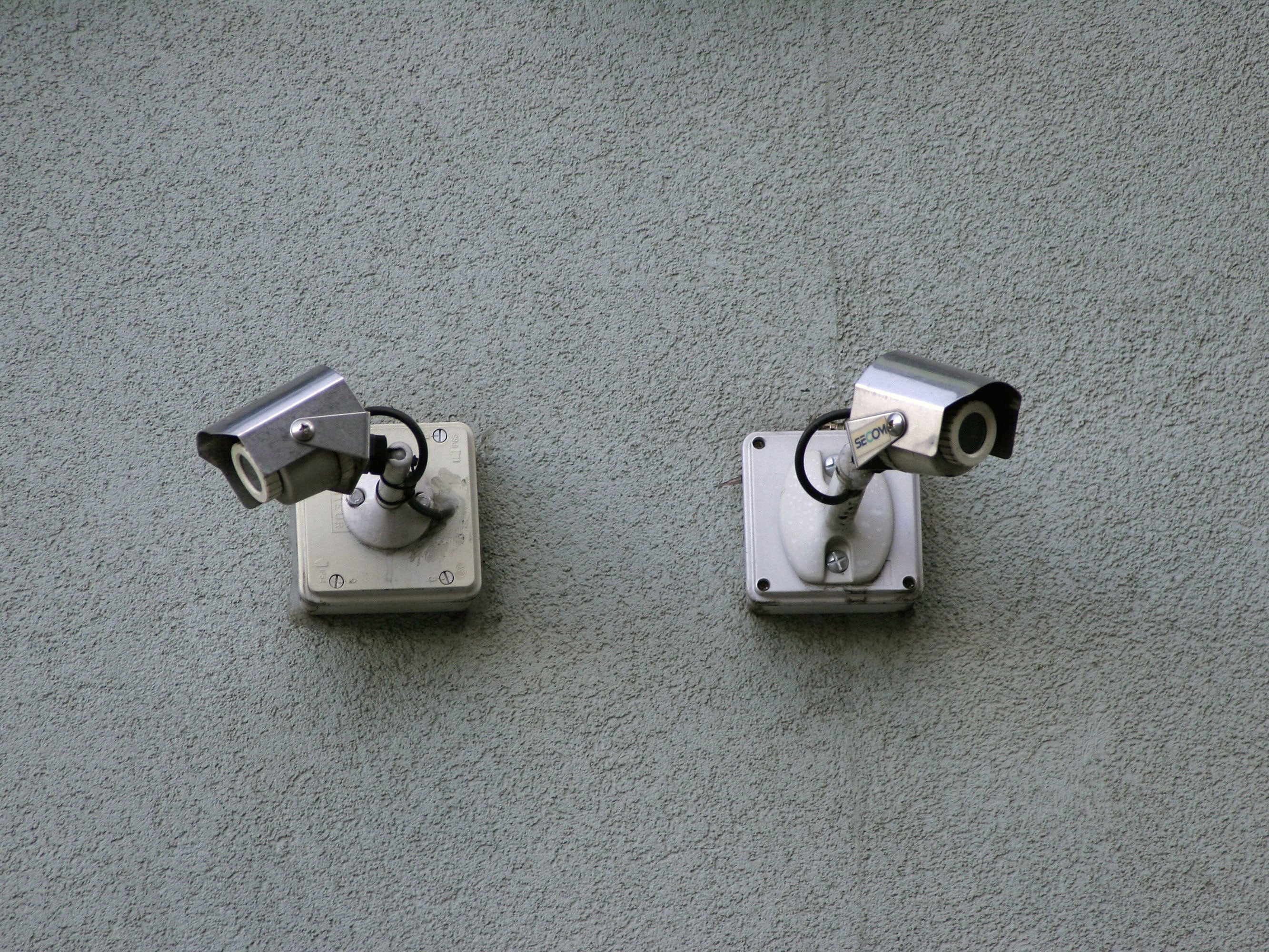Brexit was supposed to be about taking back control – but the UK has one of the most interfering nanny states in Europe
We have the highest taxes on cigarettes, the highest taxes on wine in Europe, at 55 per cent, and the second highest levied on beer


Your support helps us to tell the story
From reproductive rights to climate change to Big Tech, The Independent is on the ground when the story is developing. Whether it's investigating the financials of Elon Musk's pro-Trump PAC or producing our latest documentary, 'The A Word', which shines a light on the American women fighting for reproductive rights, we know how important it is to parse out the facts from the messaging.
At such a critical moment in US history, we need reporters on the ground. Your donation allows us to keep sending journalists to speak to both sides of the story.
The Independent is trusted by Americans across the entire political spectrum. And unlike many other quality news outlets, we choose not to lock Americans out of our reporting and analysis with paywalls. We believe quality journalism should be available to everyone, paid for by those who can afford it.
Your support makes all the difference.Today the Institute of Economic Affairs published its annual Nanny State Index, a comprehensive guide to all the countries in the European Union, and where each one ranks for government intervention into the lifestyles of their citizens, through proposed, and enacted, legislation.
It’s an interesting read, looking at the controlling and strange laws the rest of the continent has in place. In Sweden and Finland, for example, the state has a complete monopoly over the sale of alcohol. Sweden has also banned all adverts on television that could be perceived as being aimed at children. This, naturally, includes toys. In France, serious consideration is being given to banning bars from having happy hours; they have already banned free refills of soft drinks in restaurants.
Now, the Nanny State Index is limited. It focuses on certain “sins”: tobacco, alcohol, and food. It doesn’t delve into other realms of people’s personal lives (presumably the state does quite enough of that already). Yet for all the intrusion of our continental cousins, the UK comes second overall on the list for most state interference.
In Britain today we have the highest taxes on cigarettes, having just raised the tax on a packet by 35p, and the highest taxes on wine in Europe, at 55 per cent, and the second highest levied on beer. A tax on sugar is in the pipeline for 2018, whilst sugar is being phased out of hospitals and being stripped from confectionary and sports drinks, in a process Public Health England calls “Health by Stealth”.
England, if not Britain as a whole, was once a land where unless something was explicitly forbidden, it was permitted, but as time has worn on, government zeal for banning, controlling and nannying has led us down a very dark path, where legislation exists at every turn, ostensibly for our own good.
As if to illustrate this, Labour chose Monday to suggest that if returned to power, they would ban junk food adverts on television before the 9pm watershed. This is supposedly to prevent children from being influenced by said adverts, but the implication is clear: by hiking it to 9pm, many working adults will also not be able to watch them.
Now, the Labour Party’s keenness to insert themselves into the lives of citizens is nothing new; they are after all the party that championed ID cards, CCTV and DNA databases amongst many, many other things. The Tories, however, cannot claim to be any different; on their watch we have seen plain packaging made mandatory on all tobacco products. The news isn’t much better north of the border, where the SNP seem hell bent on destroying the Scottish Whisky industry by introducing minimum pricing on alcohol. All the major parties, in fact, seem united on this issue: the state has the right, if not duty, to deter people from consuming legal products that may, in excess, cause harm.
What I’d like to know is, when did the British people come to think that this was acceptable?
State intervention in these matters shows that those in government consider themselves better than others. Regulation of “sin” products are for our “own good”. This betrays a supreme arrogance: contempt for ordinary people’s autonomy. “People need to be told” comes the refrain. “They need to be educated.”
It’s a similar sentiment to that chanted by Remainers. It implies the belief that those they talk about are uneducated. This clearly cannot be true; there is no way on God’s Earth that smokers, drinkers and over-eaters today aren’t aware of the dangers of what they do, as one cannot move for being reminded of it. What many fail, or perhaps refuse, to acknowledge, is that smokers and drinkers continue their habits because they actually enjoy them, and think the risk is worth taking.
I should not think a country that recently voted to “take back control” can possibly be of a mind to cede personal responsibility over the amount of cake and fine wine it consumes to a bureaucracy, having just fought so hard to leave one. Encroachment by government breeds resentment among people who just want the freedom to live their own lives. It’s nice the Tories, SNP and Labour agree on something for once, but it shouldn’t be this.
Join our commenting forum
Join thought-provoking conversations, follow other Independent readers and see their replies
Comments